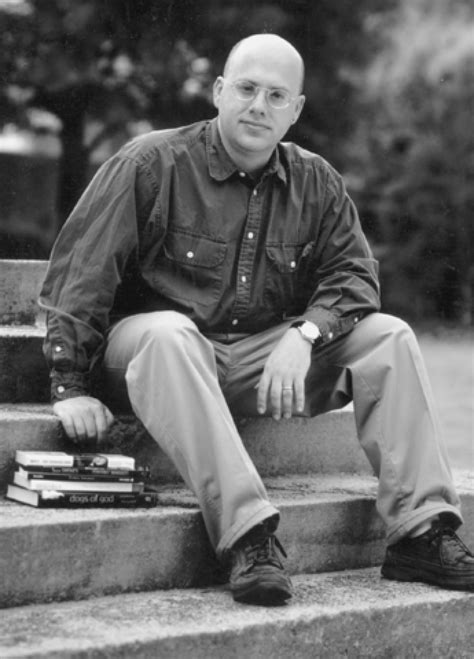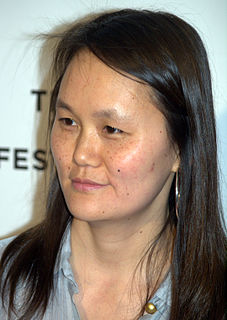A Quote by Garth Greenwell
I'm still primarily interested in observing as closely as possible the shifting weather between people. I think the master of this sort of thing, and a writer who has meant a great deal to me, is Henry James: there's a magical way that he has of turning the slightest gesture into a whole world of drama and feeling.
Related Quotes
While reading writers of great formulatory power — Henry James, Santayana, Proust — I find I can scarcely get through a page without having to stop to record some lapidary sentence. Reading Henry James, for example, I have muttered to myself, "C’mon, Henry, turn down the brilliance a notch, so I can get some reading done." I may be one of a very small number of people who have developed writer’s cramp while reading.
The Gospel writers are not really interested primarily in the facts of the birth but in the significance, the meaning for them of that birth just as the people who love us are not really interested primarily in the facts of our births but in what it meant to them when we were born and how for them the world was never the same again, how their whole lives were changed with new significance.
Family seems so rich and complicated to me. There's meant to be this unfailing biological loyalty and yet at the same time it's this theatre for various kinds of cruelty. I know it doesn't always work out that way, but the worst possible behaviour is sort of allowed for. It looks to me like an endlessly rich container for really terrible drama, but also pretty grand love. It accommodates such a variety of feeling in such a natural way, and it feels so relatable, and yet it's such a funny construct, socially, the family.
I was interested first of all in trying to capture this myth that was always changing and to create some sort of a master story, some version of the myth that resonated with me, since I could have taken more or less any detail that I wanted or the opposite and try to put that down on the page in a way that I could express from that outset for myself and for our readers what it was that was so magical about [Buckminster] Fuller's way of putting together the world.
I still have a suspicion of charity and think the state has a role to play in many areas. And although for most of the years since I have been a rather privileged writer, I identify more closely than perhaps I should with those social workers. Had I not become a writer that would have been me. Lots of our friends are still in that world and I do feel part of that generation of people who were rather idealistic in the 70s and became disillusioned in the 80s. Not just about social services issues, but the world.
That's really the essence of what any fiction writer does. Some of it is research-based, but most of it is a really long-term, imaginative, empathetic effort to see the world the way someone whose experiences remote from yours might see it. Not every writer works that way; some writers make a wonderful career out of writing books that adhere very closely to how they view the world. The further I go with this, the more interested I get in trying to imagine my way into other perspectives that at first seem foreign to me.






































